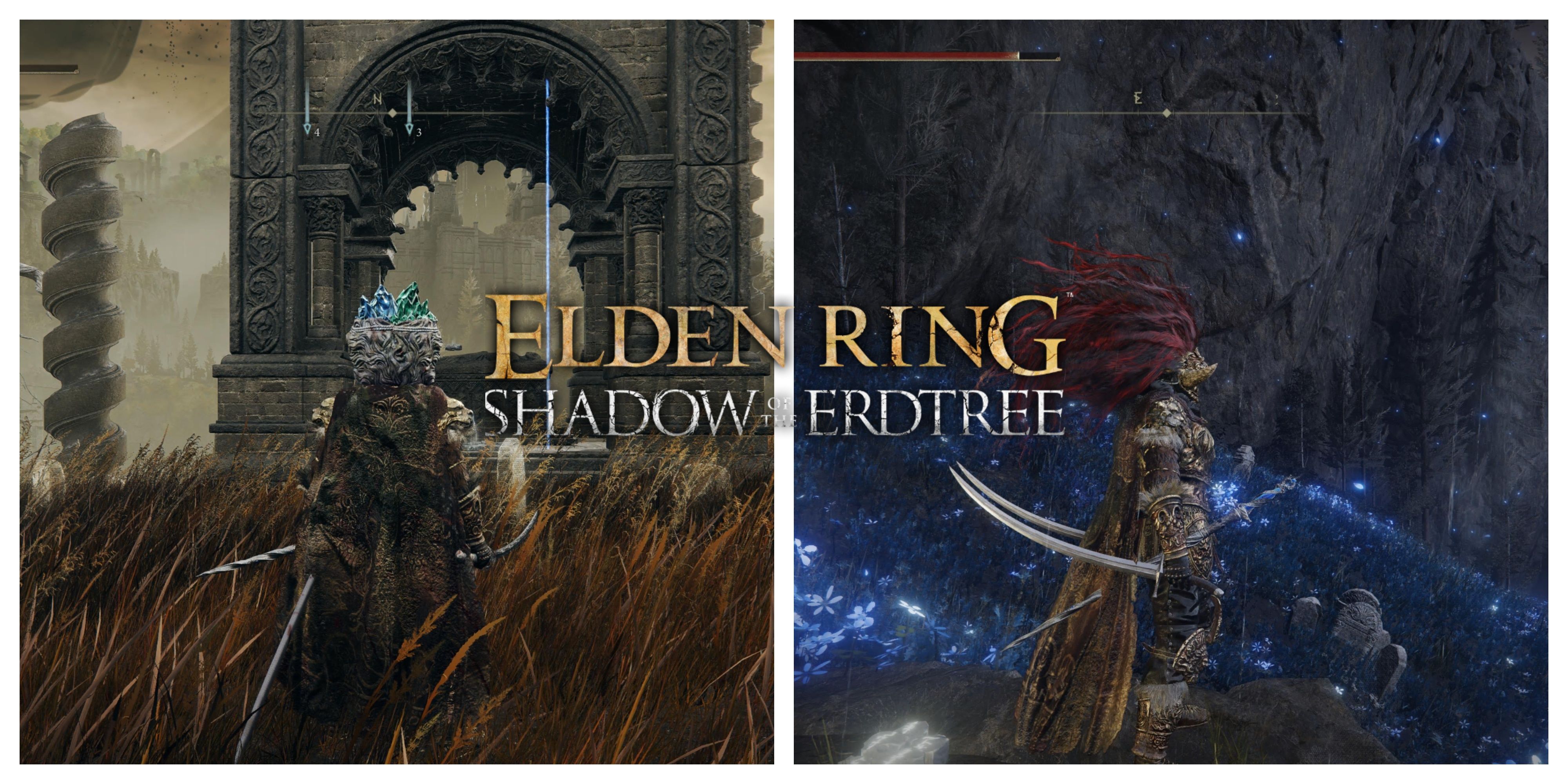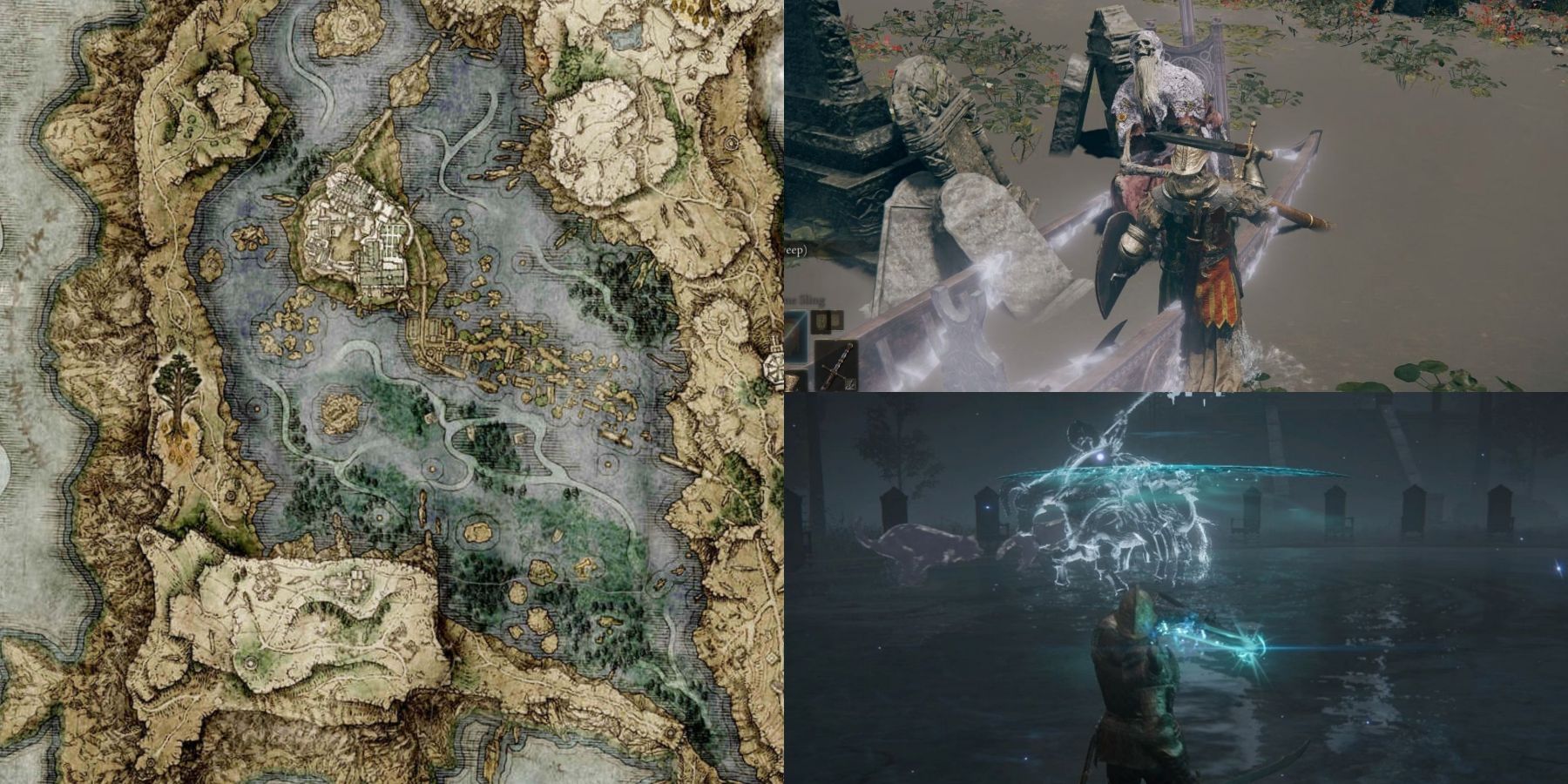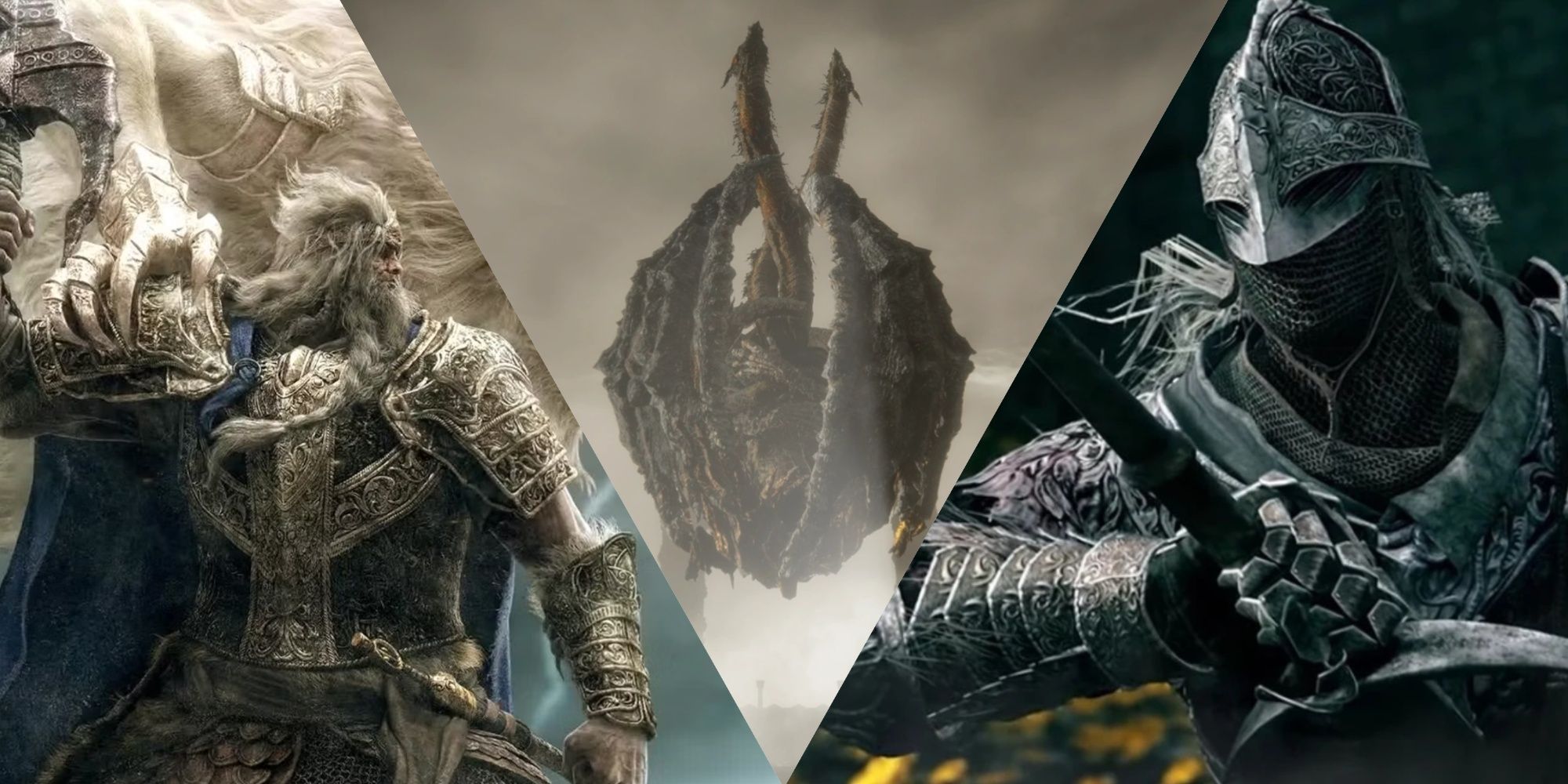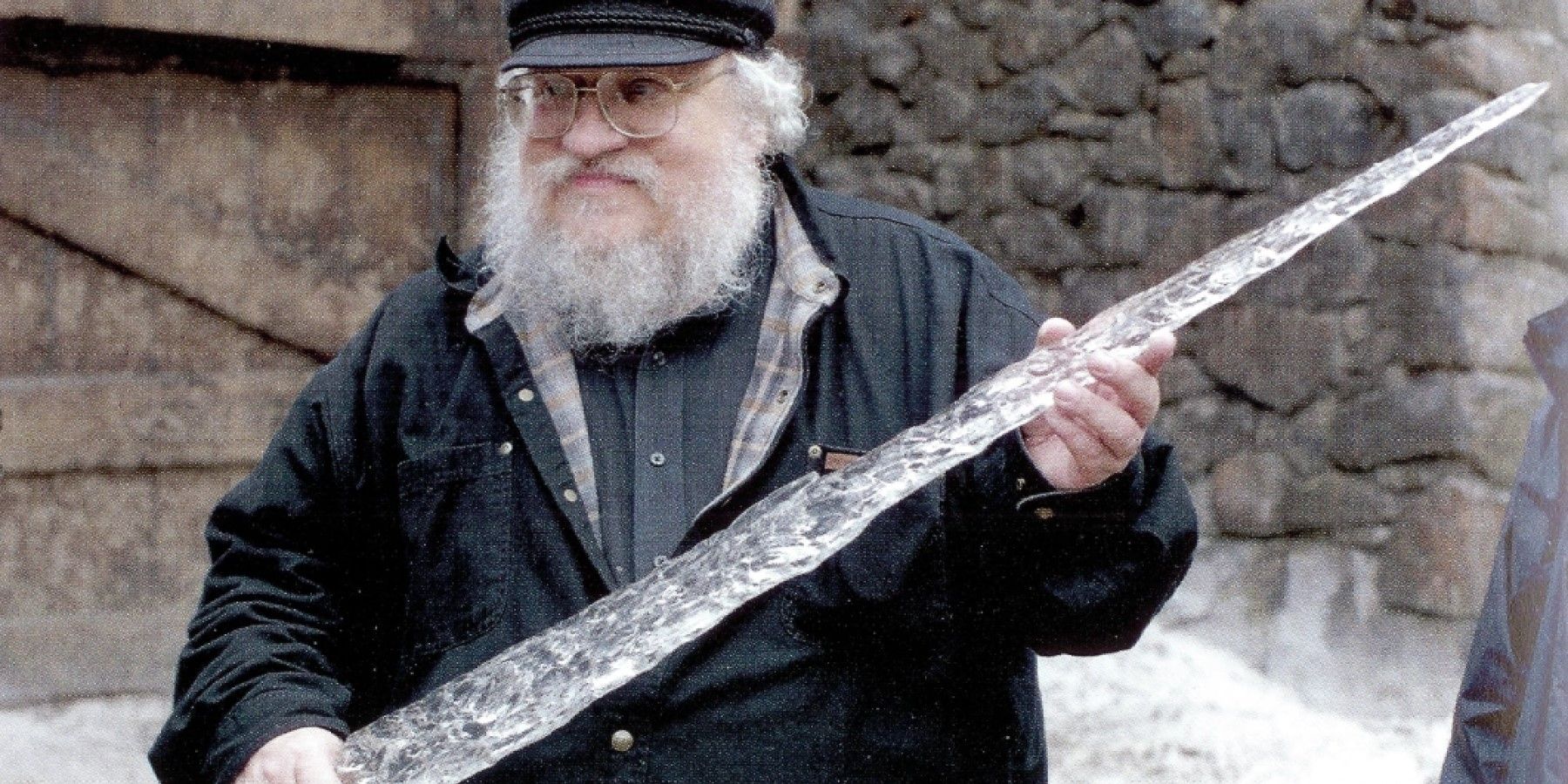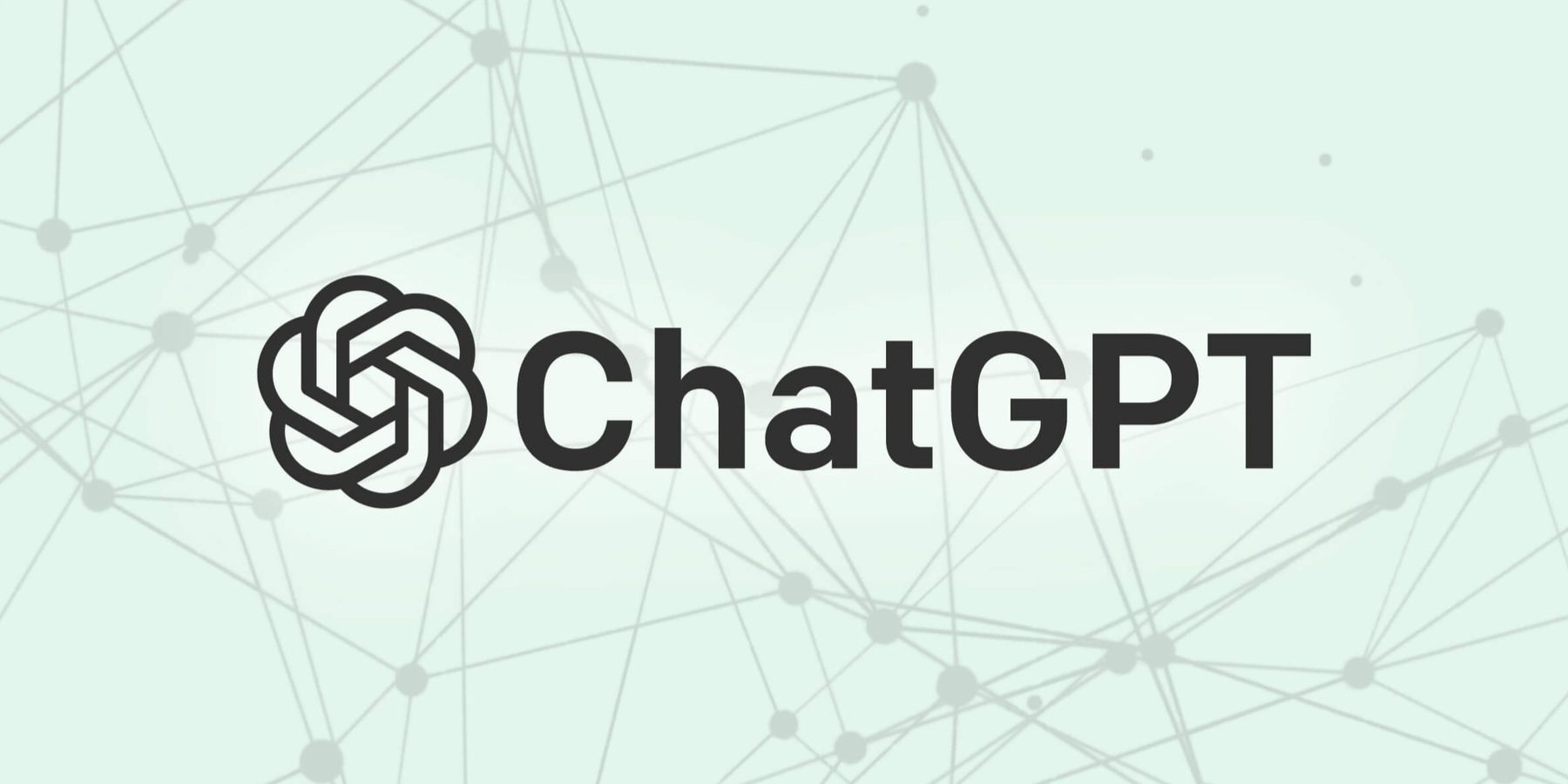Highlights
- OpenAI, a major AI corporation, is facing a lawsuit from 17 members of the Authors Guild, including George R. R. Martin, for copyright infringement.
- The plaintiffs argue that OpenAI unlawfully uses copyrighted text to train its AI algorithms, which can generate accurate summaries and derivative works.
- OpenAI is also accused of impersonating authors, releasing low-quality AI-written books under their names, and damaging their reputations and livelihoods. The plaintiffs demand restitution and an injunction against further use of copyrighted works.
Elden Ring and Game of Thrones writer George R. R. Martin is joining forces with over a dozen other authors to sue OpenAI. The award-winning Elden Ring writer and his colleagues of the Authors Guild revealed a lengthy and scathing complaint calling out the generative AI program for copyright infringement
OpenAI is one of the biggest corporations responsible for AI-generated text on the market right now. Though it was originally founded as a nonprofit AI research organization in 2015, it became a for-profit enterprise four years later. Since then, it has received billions of dollars in investments, eventually releasing ChatGPT; a public AI chatbot that quickly became one of the biggest applications in history.
Now, 17 members of the Authors Guild, including Martin and guild president Scott Turow, have joined together to file a 47-page complaint against OpenAI on the grounds of copyright infringement. Over the course of nearly 350 paragraphs, the plaintiffs decry OpenAI for numerous offenses against creativity and writing and call for a class action lawsuit including authors across the globe against the corporation. In addition to injunctions prohibiting further use of copyrighted works for AI training, the plaintiffs demand restitution of up to $150,000 per infringed work.
The basis of their complaint comes from the fact that OpenAI uses copyrighted text to train its AI algorithms. Historically, ChatGPT could be prompted to spit out direct quotations from novels like those in the Game of Thrones series. Recent updates removed this functionality, but ChatGPT can still provide accurate summaries and derivative works, proving OpenAI still uses this text to unlawfully train its program. Considering OpenAI has also been dodgy about where it sources material, Martin et alia surmise it is almost certainly scraping text from pirate sites as well.
The plaintiffs also accuse ChatGPT of impersonating authors to help users craft books with AI. Famous authors have discovered AI-written books of poor quality released under their name sold directly on Amazon, tarnishing their reputations in the process. The authors claim every professional writer should be up in arms over the risk OpenAI’s conduct poses to their livelihoods and the literary arts in general.
At press time, the conglomerate that is OpenAI has yet to make a statement on the allegations. The plaintiffs called for the case to be heard before a jury, and judging from the statement from Martin and the others, the mastermind who helped make Elden Ring and his colleagues clearly mean business.
Source: Courtlistener

